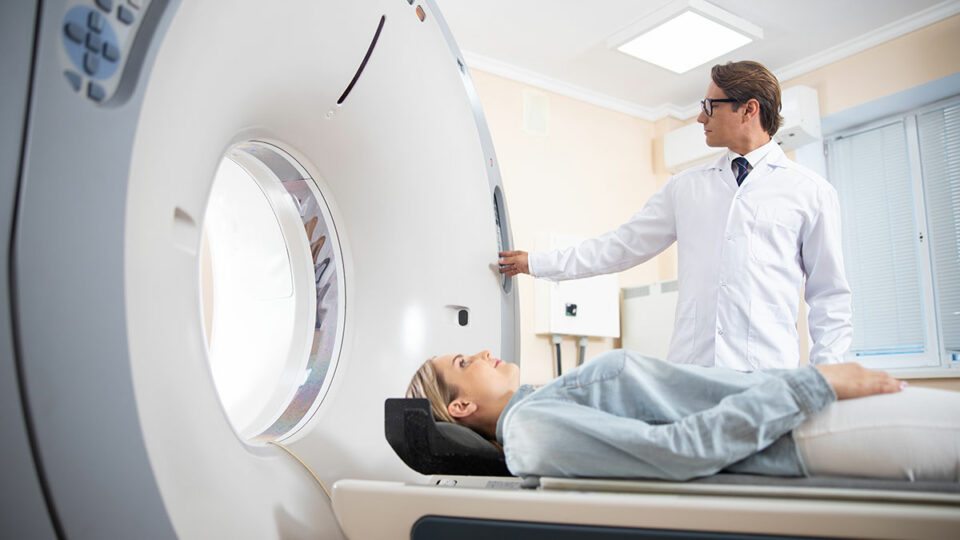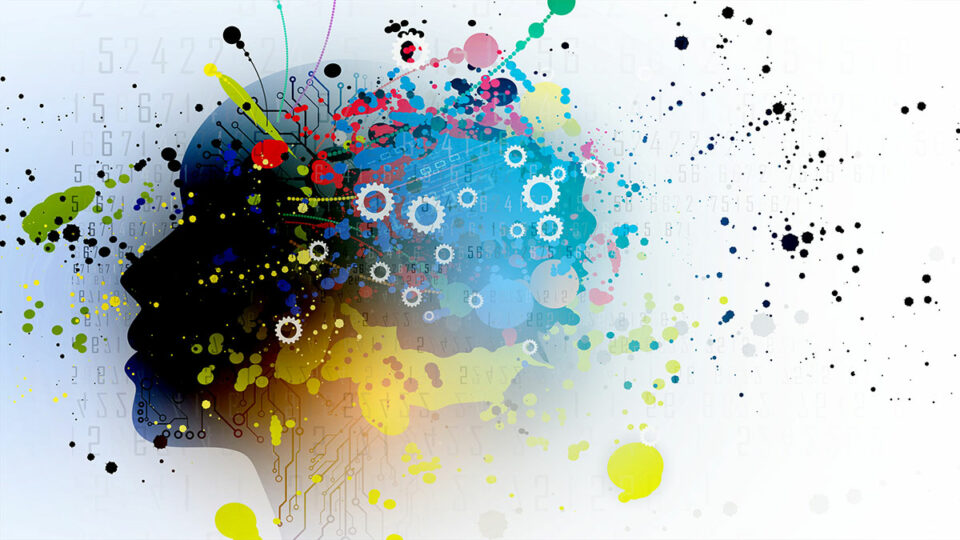- Have any questions? Contact us!
- info@dr-rath-foundation.org
November 24, 2023
Published by Dr. Rath Health Foundation at November 24, 2023
Categories
A multinational study of almost one million individuals confirms a strong and clear association between exposure to radiation from CT scans in young people and an increased risk of blood cancers.
November 24, 2023
Published by Dr. Rath Health Foundation at November 24, 2023
Categories
COVID-19 lockdowns were no more effective at controlling the pandemic than letting people adapt their own behavior to the threat, a major Oxford University-backed study suggests.
November 24, 2023
Published by Dr. Rath Health Foundation at November 24, 2023
Categories
Researchers at Texas A&M University's School of Veterinary Medicine and Biomedical Sciences have found a correlation between a compound found in fruits and vegetables and a reduction in the symptoms of endometriosis.
November 24, 2023
Published by Dr. Rath Health Foundation at November 24, 2023
Categories
Critics warn the plans to give every European Union citizen a ‘European digital ID’ will create a surveillance state.
November 17, 2023
Published by Dr. Rath Health Foundation at November 17, 2023
Did you know that science-based optimal nutrition can unlock the full potential of the mind and safeguard your cognitive well-being? The brain is a marvel of […]
November 16, 2023
Published by Dr. Rath Health Foundation at November 16, 2023
Categories
New research links low folic acid levels to difficulty sleeping, suggesting supplementation may be beneficial to the prevention of insomnia, potentially via a direct impact on the body's circadian rhythm.
November 16, 2023
Published by Dr. Rath Health Foundation at November 16, 2023
Categories
While we all grow older chronologically at the same pace, biologically, our clocks can tick faster or slower. Relying solely on chronological age – the number of years since birth – is inadequate to measure the body's internal biological age.










New Study Suggests Gargling With Salt Water May Be Associated With Lower COVID-19 Hospitalization